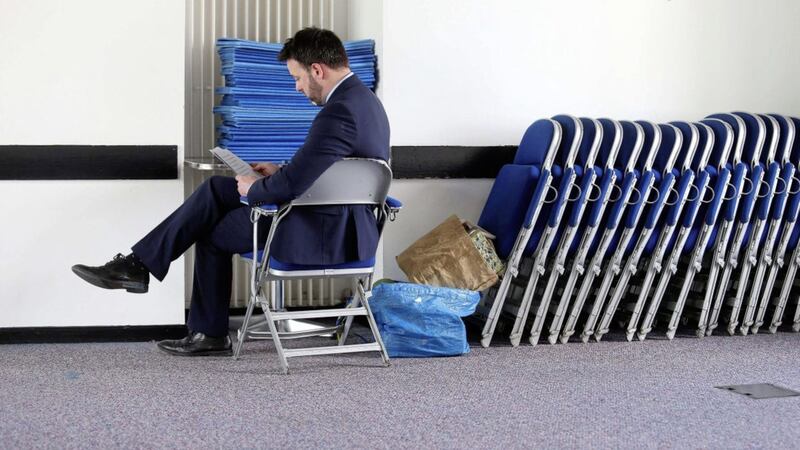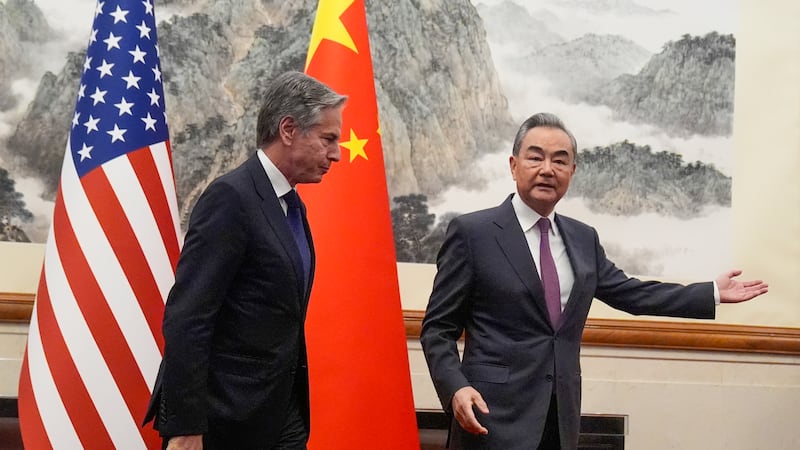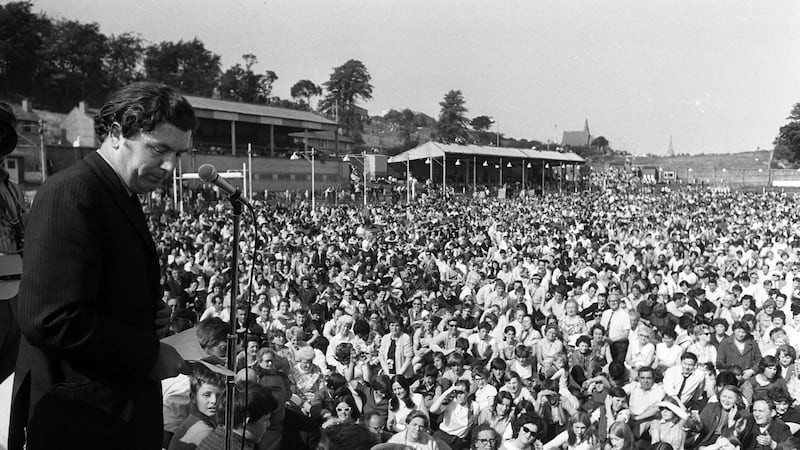With one week to go until polling Political Correspondent John Manley struggles to find talking points from a lacklustre Westminster election campaign.
A POPULATION already drunk with election fatigue has been subjected to what is arguably the most tedious campaign ever.
It’s nearly six-and-a-half weeks since Theresa May abruptly blew away the Easter fug by calling a snap election – we’ve now just seven more days of this to endure.
Once over the shock of seeing the meandering Stormont talks process brought to a halt, the region’s five parties reluctantly moved onto an election footing.
There was an initial flurry of relative excitement in the weeks following the announcement as negotiations around potential pacts got under way.
There appeared to be serious engagement on the ‘progressive’ side but ultimately incompatibilities were exposed and the project abandoned – potentially to be resurrected in the future to campaign on a single issue.
The unionist negotiations appeared to be conducted by graduates of the ‘Alf Garnett School of Diplomacy’ and illustrate the degree to which relations between the DUP and Ulster Unionists have deteriorated in the five years since the heady Ulster Covenant centenary celebrations.
They managed to broker a straight swap involving an East Belfast and Fermanagh and South Tyrone but the thornier question of South Belfast failed to get an answer that was to both parties’ satisfaction.
Sinn Féin pulled off a minor coup with John Finucane’s candidature in North Belfast, while the SDLP faced accusations from republicans of standing spoiler candidates in the same constituency and Fermanagh and South Tyrone.
It was Arlene Foster who injected life into the Stormont election when she compared her erstwhile partners in government to a hungry crocodile. The ‘blonde’ remark about Michelle O’Neill in a newspaper interview was more crass and hasn’t precipitated quite the same level of anger or, thankfully, the same number of people donning comedy costumes and taking to social media.
The little momentum that had been building was arrested by last week’s atrocity in Manchester, which prompted a brief hiatus in campaigning and the postponement of the first of the leaders’ debates on UTV, which had the potential to lift the discourse beyond simple 'sleggin'.
It also led to a delay in the unveiling of several manifestos. Largely comprising of rhetorical statements under unsexy strap-lines, these documents are rarely glanced at again after the launch event and are often so bereft of detail that it is stretching semantics to describe them as a policy pledges. No matter what the YouGov opinion poll suggests, none of the north’s main parties is likely to be part of any government elected through Westminster and therefore they won’t be held to account on the basis of a general election manifesto.
Of the main parties, only the Ulster Unionists have yet to launch their manifesto but will do so today. In all likelihood it will talk about securing the union and getting the best deal for Northern Ireland.
Like in Britain, Brexit has loomed large in campaigning though the debate has been characterised by RHI-levels of heat but little illumination. Education, health, the environment are barely mentioned in a debate that increasingly pitches pro-Brexit unionism against the EU-supporting nationalist/republican bloc.
And if the tone wasn't low enough, up stepped gaffe-prone DUP MLA Jim Wells earlier this week to tell Sinn Féin's canvassers they weren't welcome in the Co Down town of Rathfriland – especially on the sabbath.
To borrow a campaign slogan from 20 years ago – 'things can only get better'.








